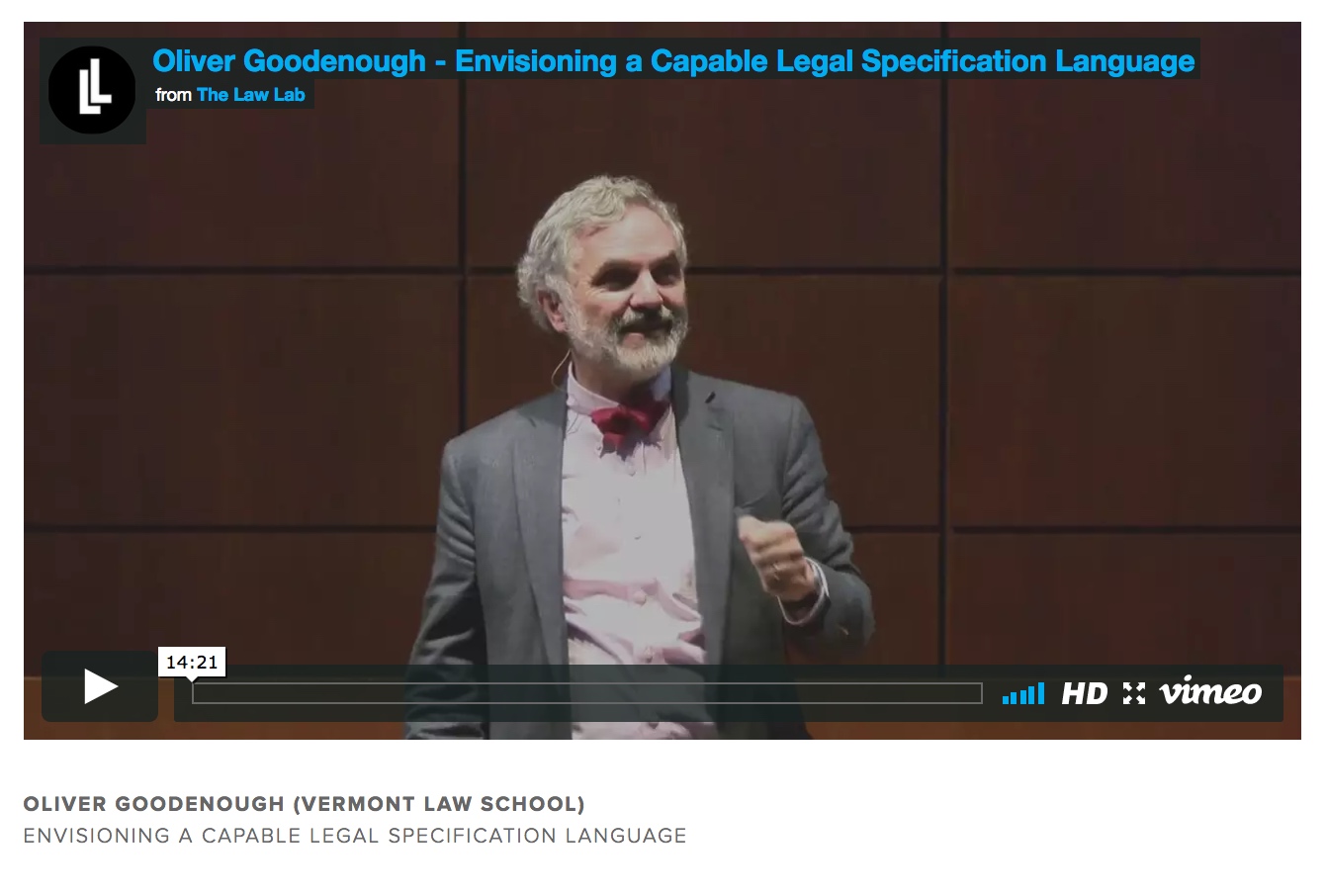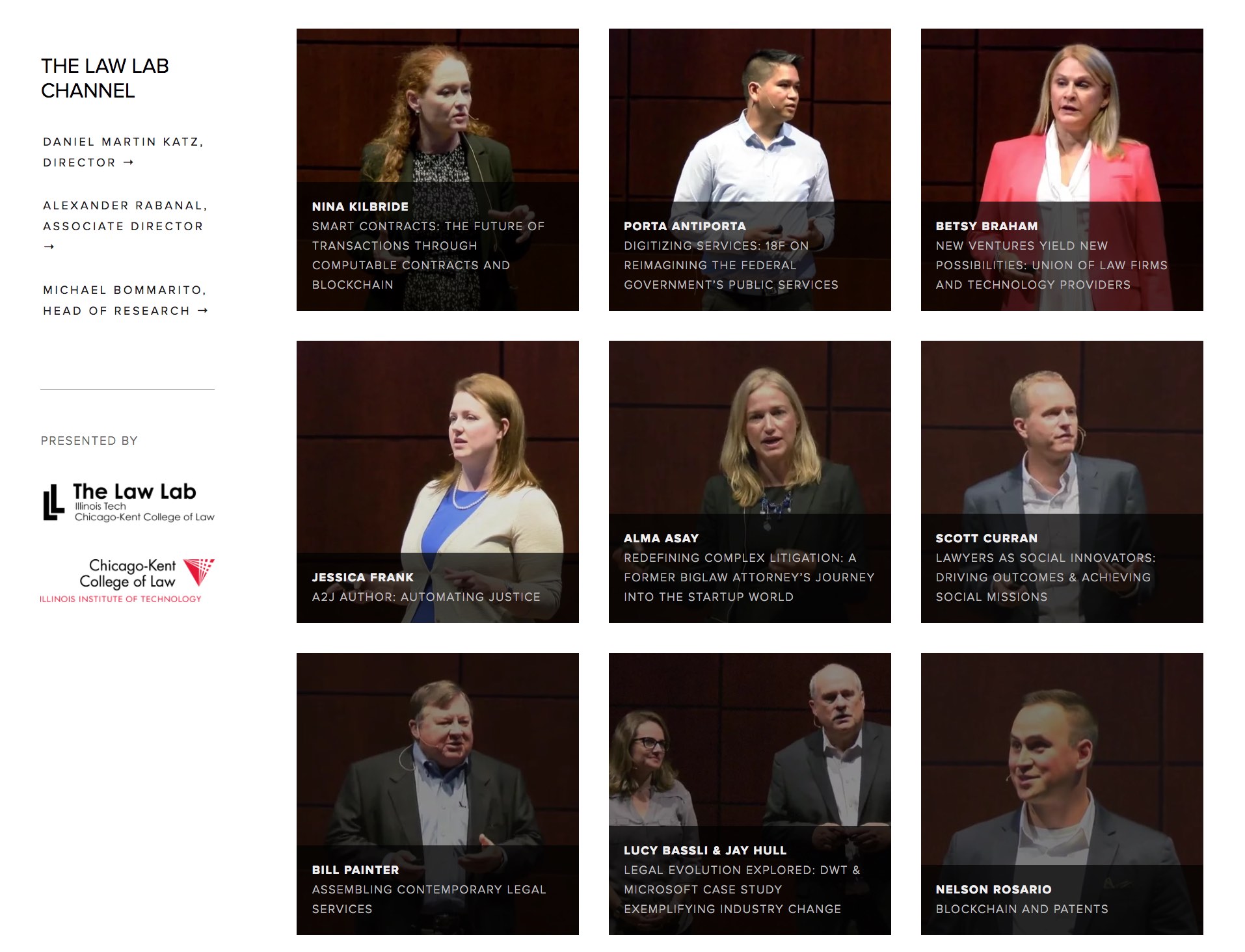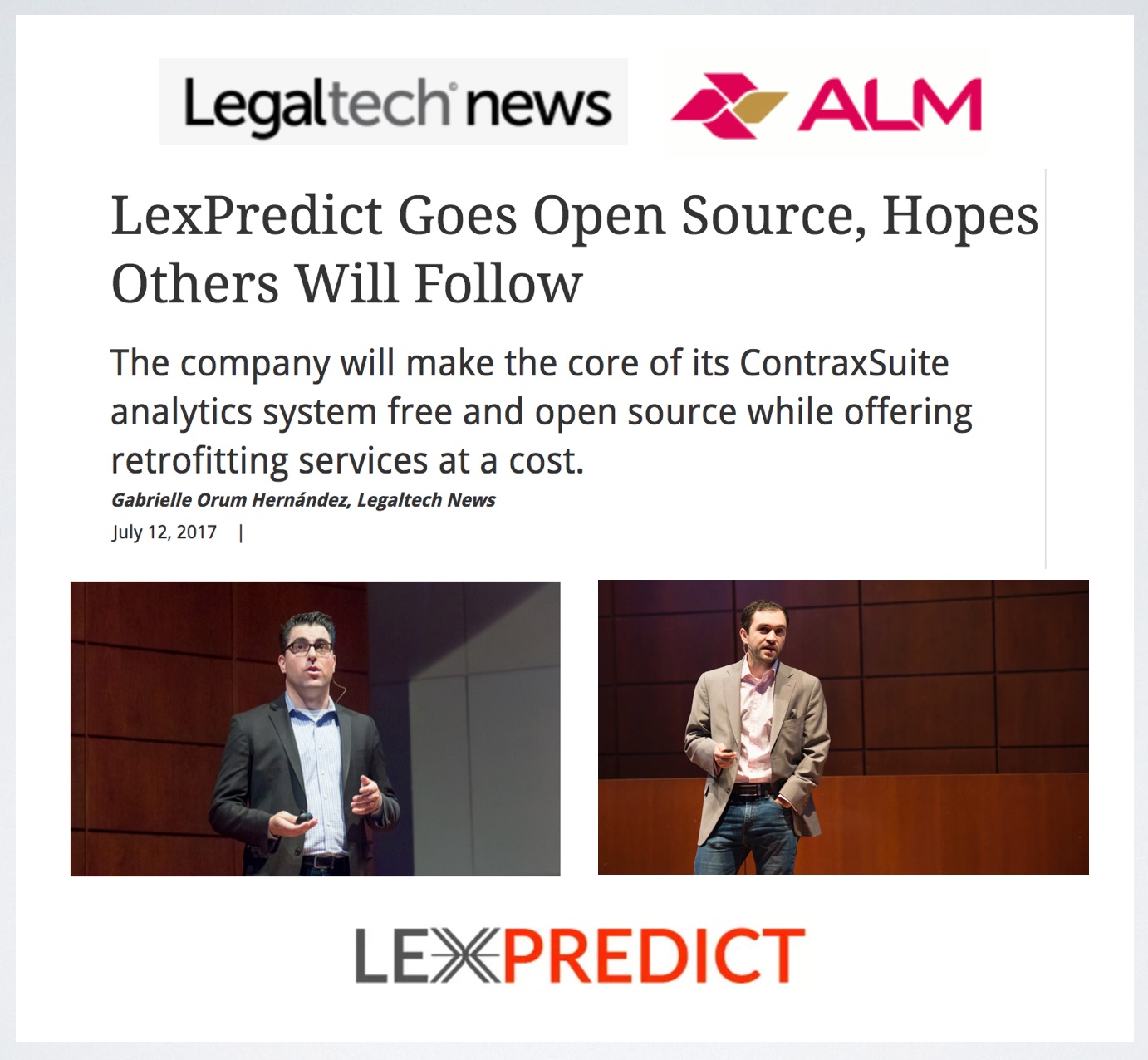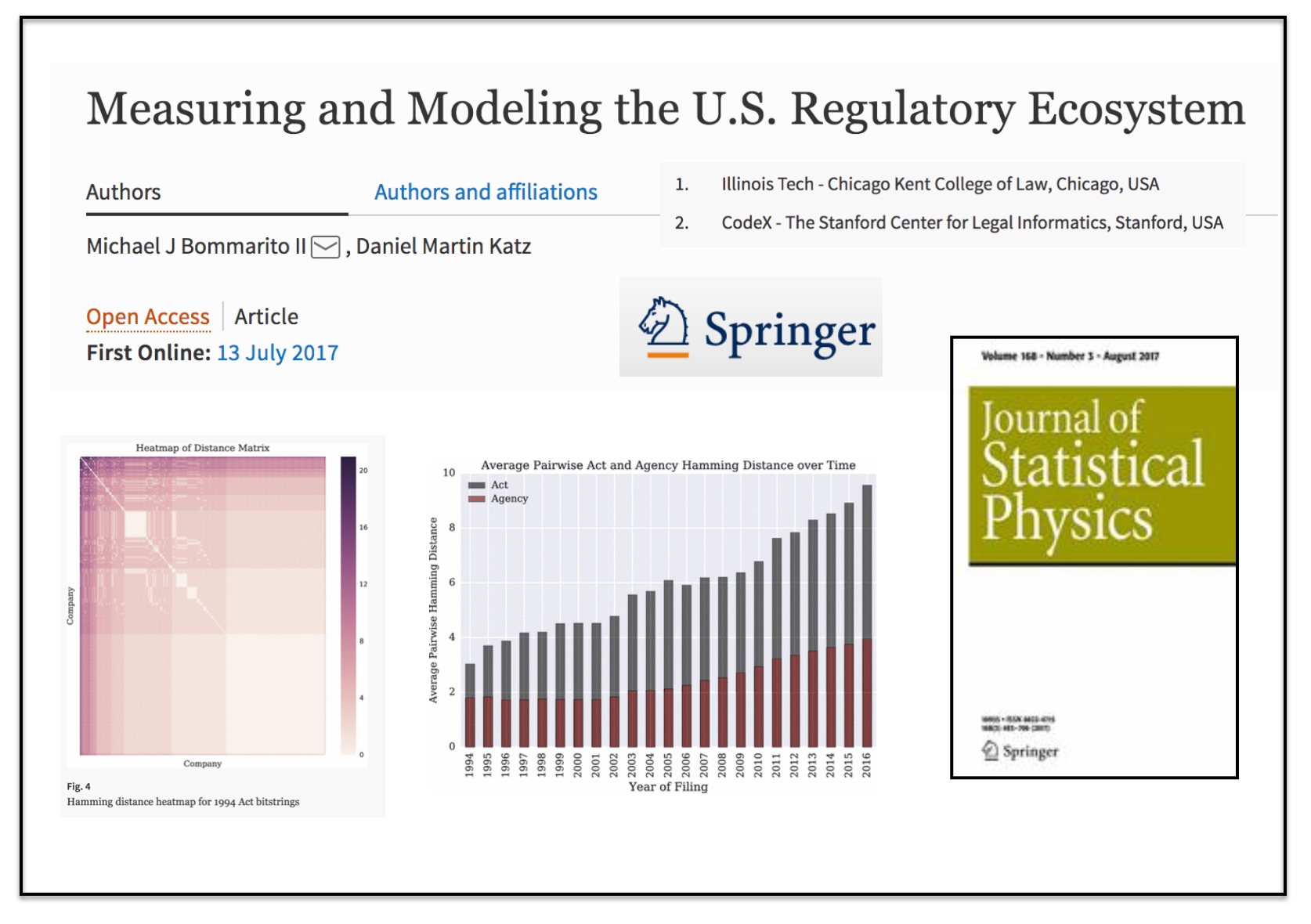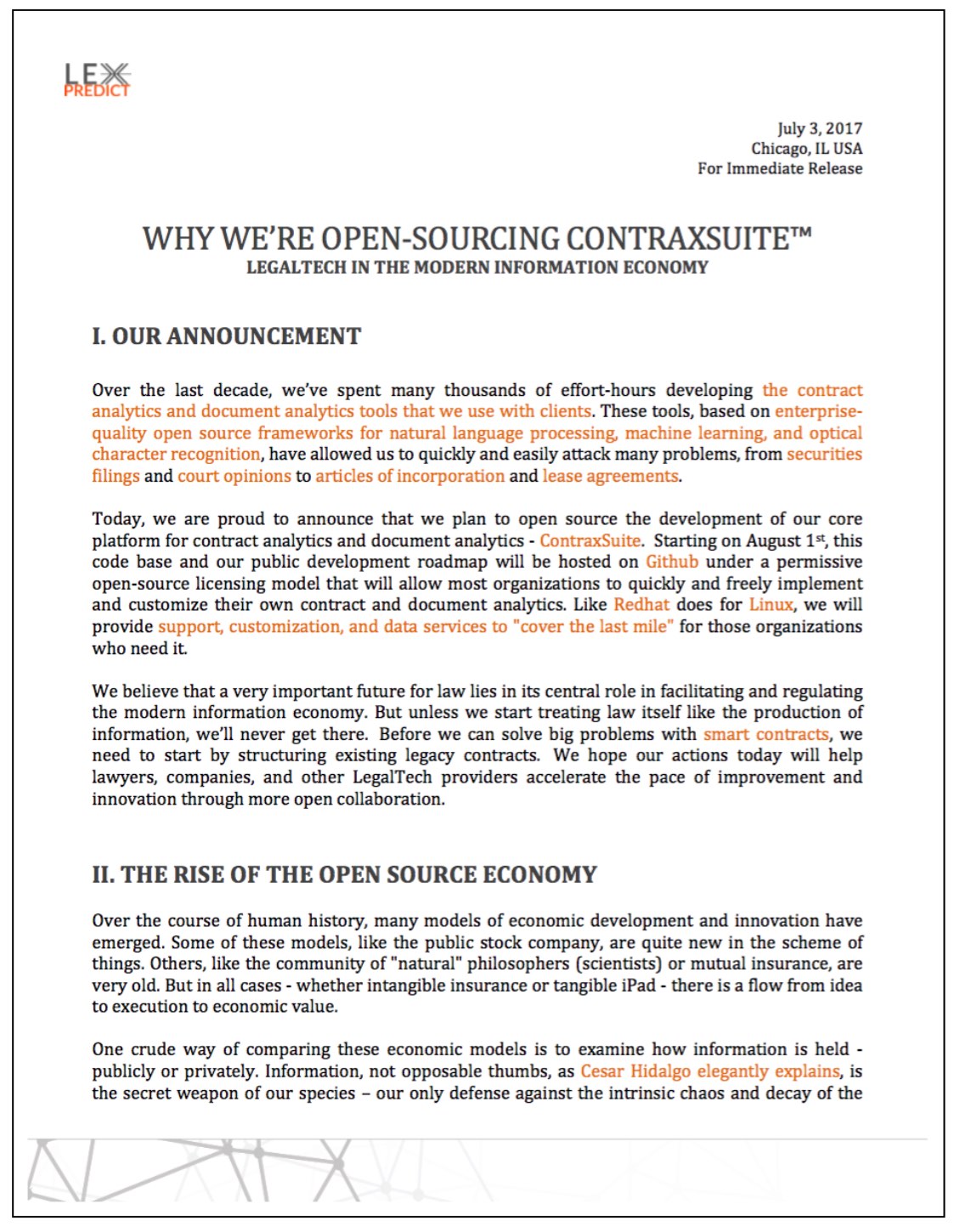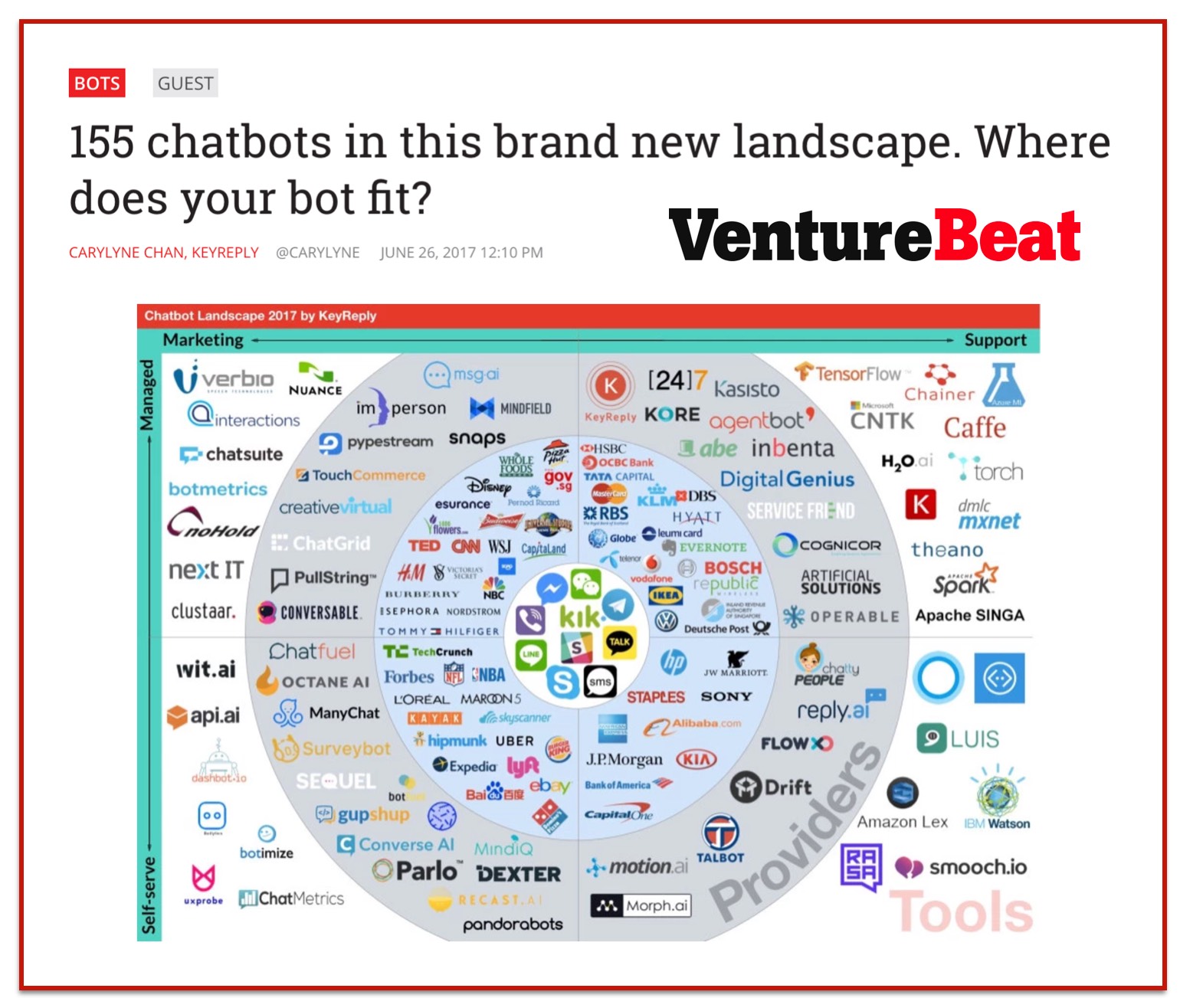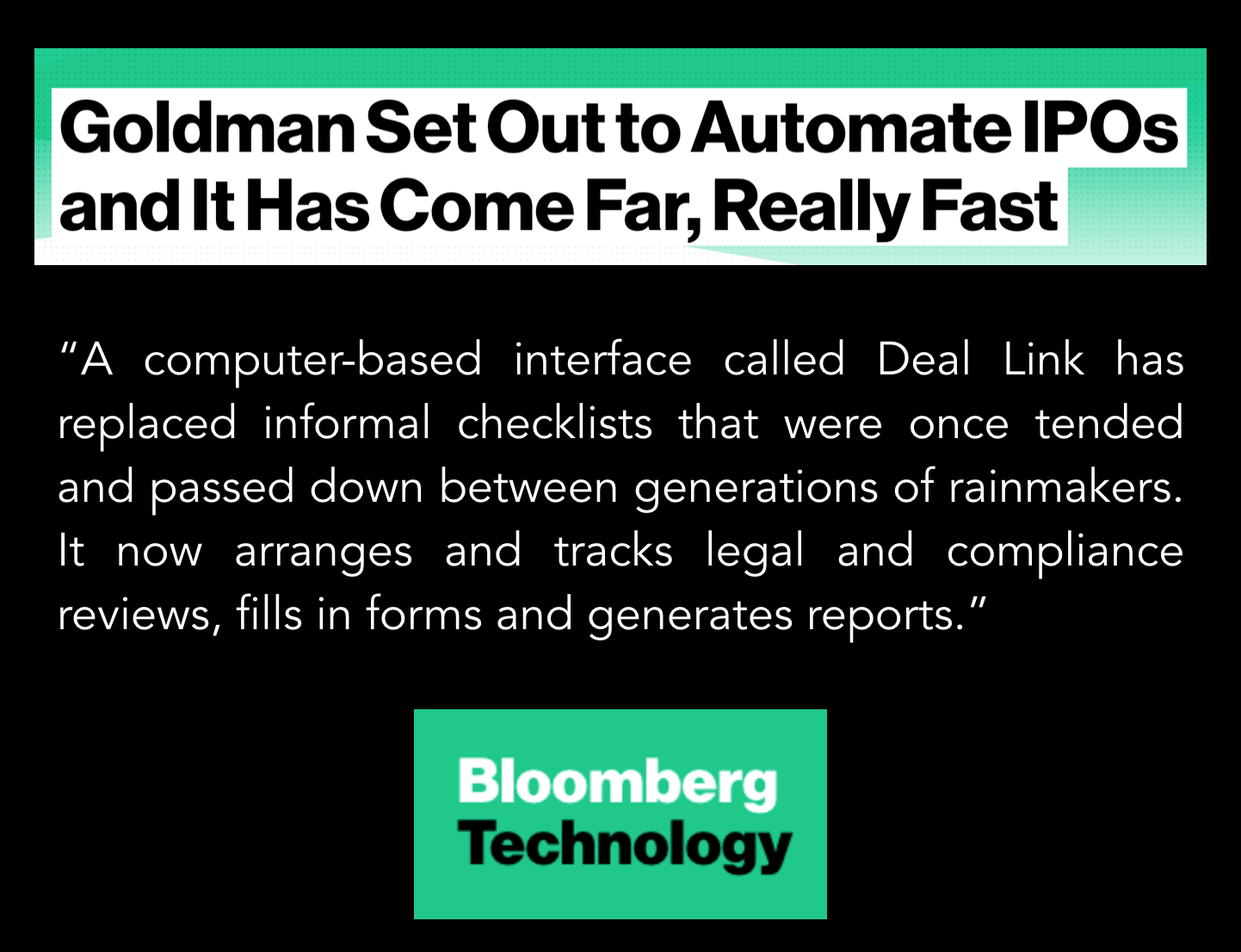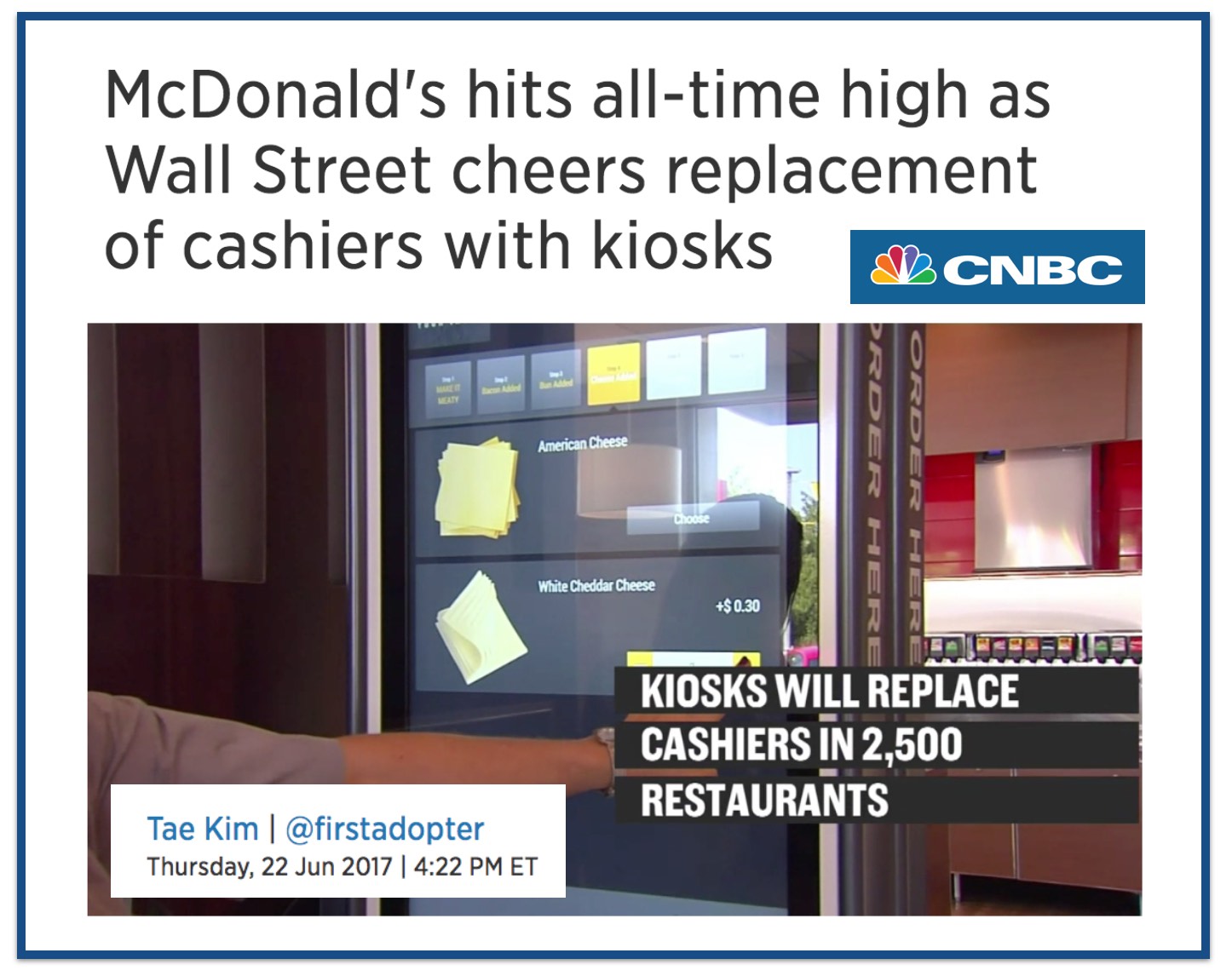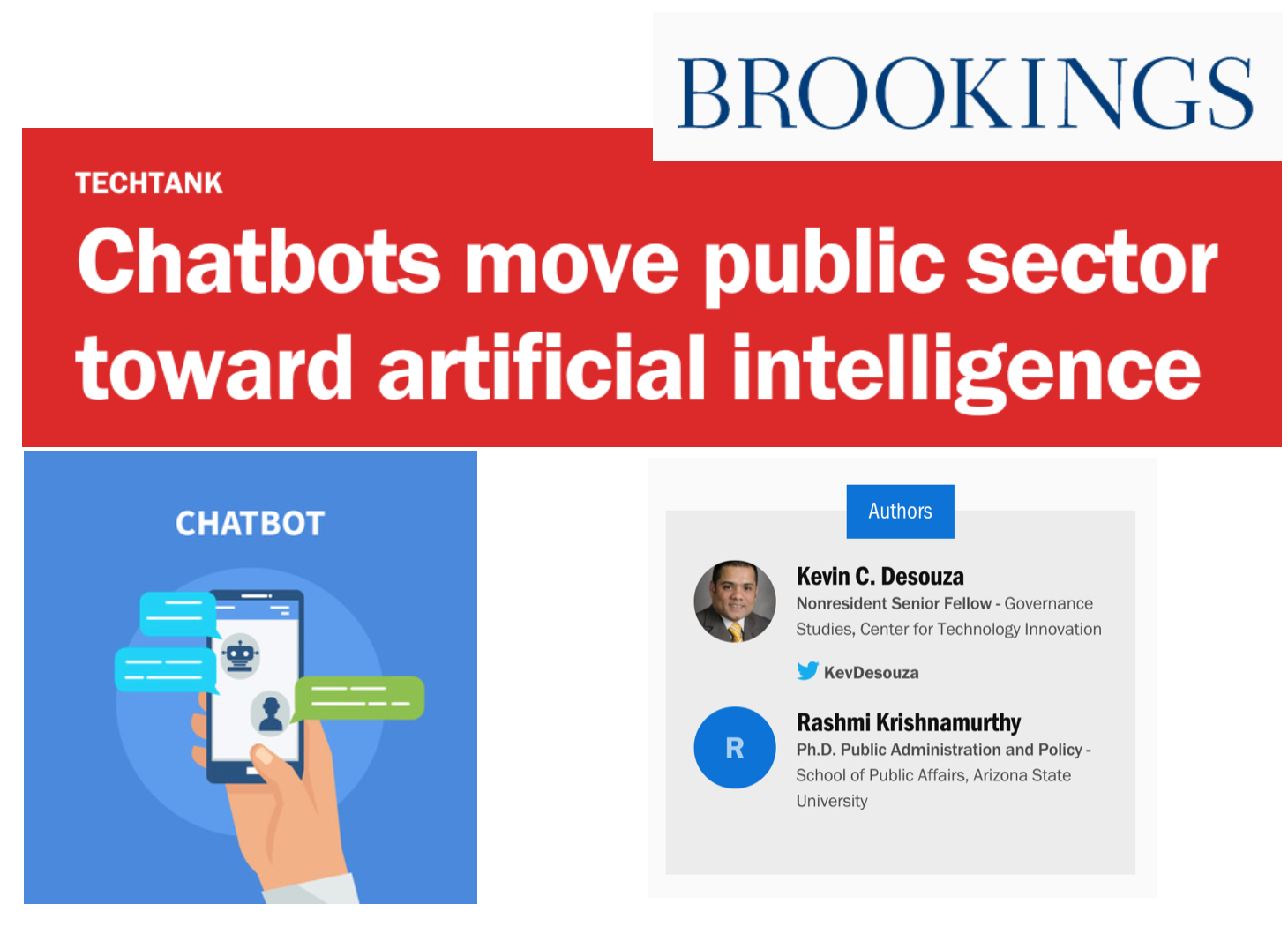LexPredict Open Sources The 1910 Version of Black’s Law – The World’s Most Well Known Legal Dictionary is Now a Data Object
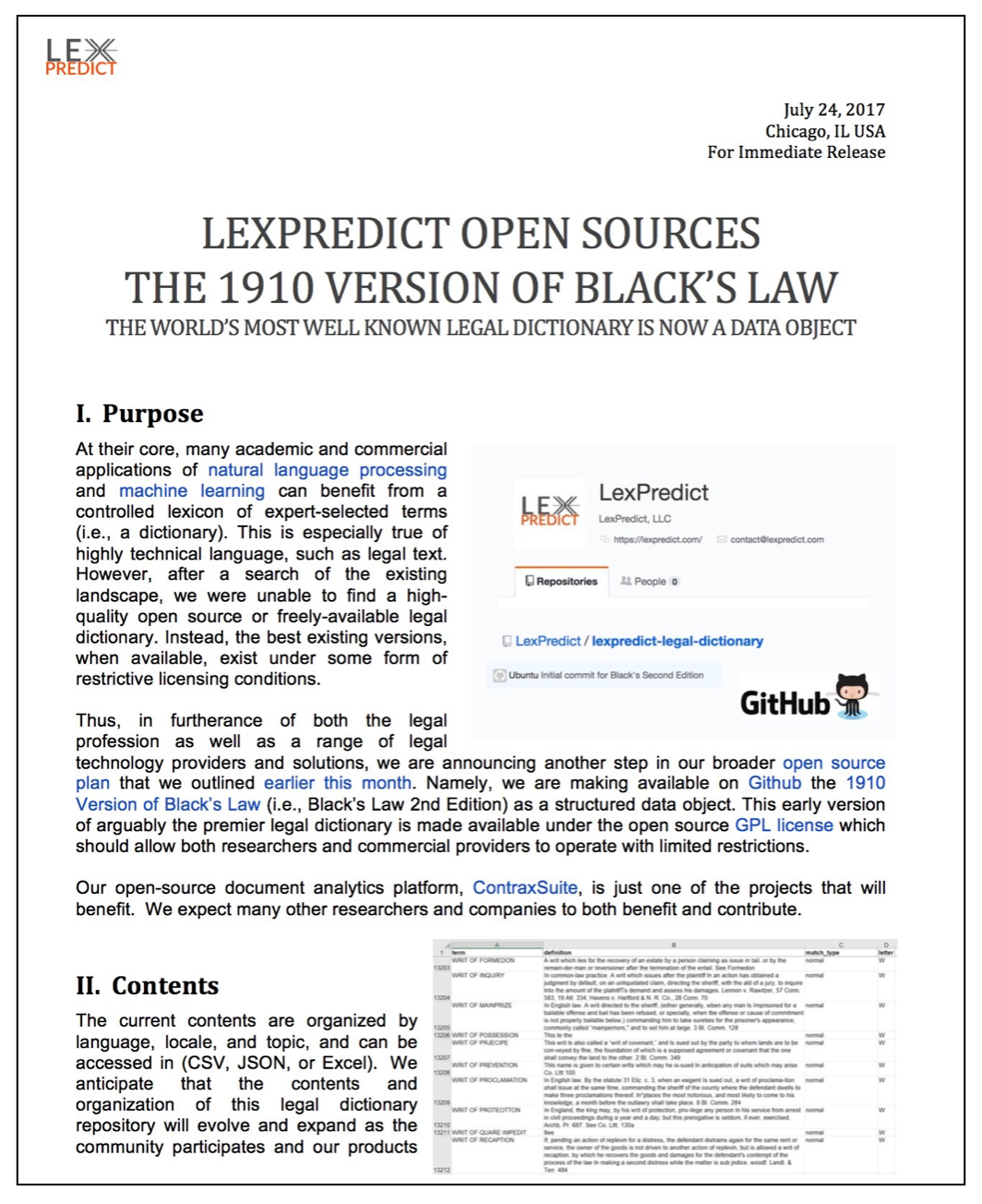
From the release: “At their core, many academic and commercial applications of natural language processing and machine learning can benefit from a controlled lexicon of expert-selected terms (i.e., a dictionary). This is especially true of highly technical language, such as legal text. However, after a search of the existing landscape, we were unable to find a high-quality open source or freely-available legal dictionary. Instead, the best existing versions, when available, exist under some form of restrictive licensing conditions.”
“Thus, in furtherance of both the legal profession as well as a range of legal technology providers and solutions, we are announcing another step in our broader open source plan that we outlined earlier this month. Namely, we are making available on Github the 1910 Version of Black’s Law (i.e., Black’s Law 2nd Edition) as a structured data object. This early version of arguably the premier legal dictionary is made available under the open source GPL license 3.0 which should allow both researchers and commercial providers to operate with limited restrictions.”
Click here to access the GitHub Repo.
LexPredict Goes Open Source, Hopes Others Will Follow ( via ALM LegalTechNews )
From the article – “We are increasingly thinking that there’s room in legal tech for a Red Hat in legal — companies that really focus on development of software by providing wraparound services, but offer their software open source,” Michael J Bommarito II said.
For more information check out our announcement and the slidedeck (which has more details).
Why We’re Open-Sourcing ContraxSuite – Product Overview, Some Use Cases and Plan for Release
–
Following up on our prior announcement – here is a slidedeck offering more Product Overview, Use Case and Plan for Release.
Why We Are Open Sourcing ContraxSuite and Some Thoughts About Legal Tech and the Modern Information Economy
Today we here at LexPredict announce that we will be open sourcing our document analytics platform ContraxSuite (which works on a wide class of documents beyond just contracts).
From the Announcement – “Starting on August 1st, this code base and our public development roadmap will be hosted on Github under a permissive open-source licensing model that will allow most organizations to quickly and freely implement and customize their own contract and document analytics. Like Redhat does for Linux, we will provide support, customization, and data services to “cover the last mile” for those organizations who need it.
We believe that a very important future for law lies in its central role in facilitating and regulating the modern information economy. But unless we start treating law itself like the production of information, we’ll never get there. Before we can solve big problems with smart contracts, we need to start by structuring existing legacy contracts. We hope our actions today will help lawyers, companies, and other LegalTech providers accelerate the pace of improvement and innovation through more open collaboration.” (click here for full announcement or access via Slideshare)
Goldman Set Out to Automate IPOs and It Has Come Far, Really Fast (via Bloomberg Tech)
From the article – “A computer-based interface called Deal Link has replaced informal checklists that were once tended and passed down between generations of rainmakers. It now arranges and tracks legal and compliance reviews, fills in forms and generates reports.”
Sounds just like law-law land. This is why I teach both legal technology and process improvement to lawyers — because the combo is very potent.
The Theory is Predictive, but is it Complete? An Application to Human Perception of Randomness
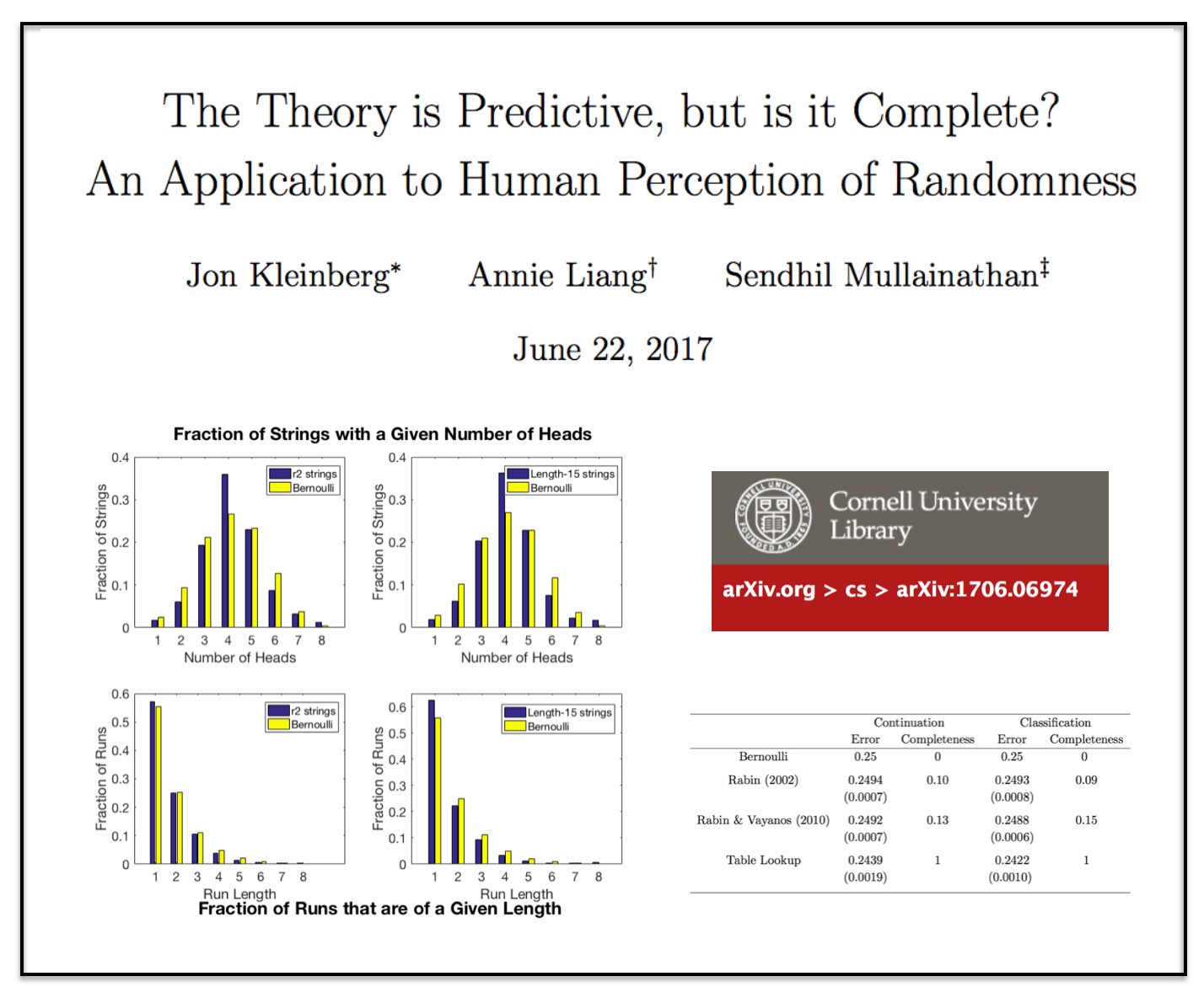 This is a very interesting paper!
This is a very interesting paper!
FT General Report Counsel 2017
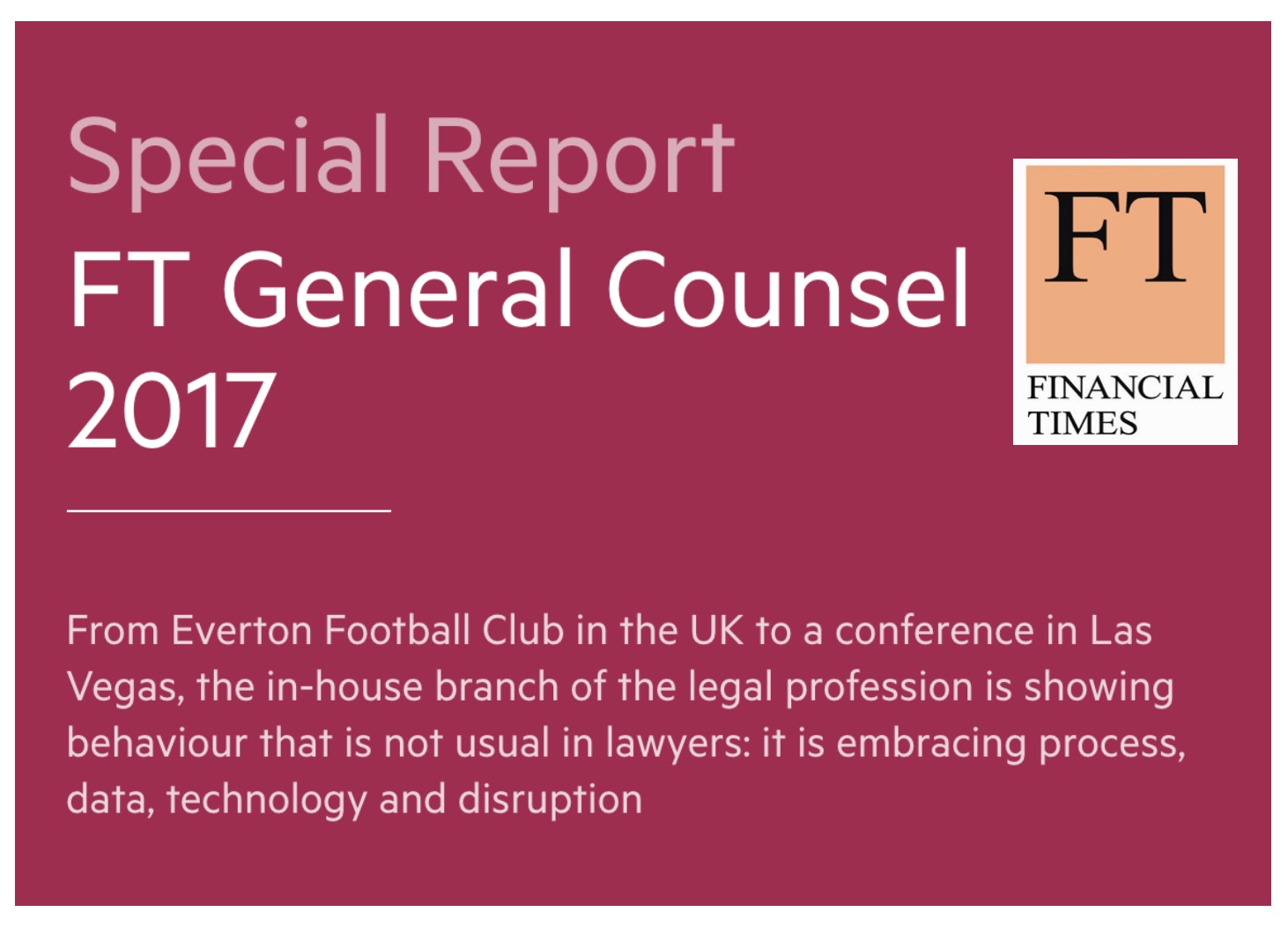
During the closing dinner gala at this week’s FT Innovative Lawyers event in London – the FT released its 2017 General Counsel Report … Click Here to access!
The 2017 Financial Times (FT) Innovative Lawyers Summit – London

It was my great pleasure to speak at the FT Innovative Lawyers Summit here in London !

